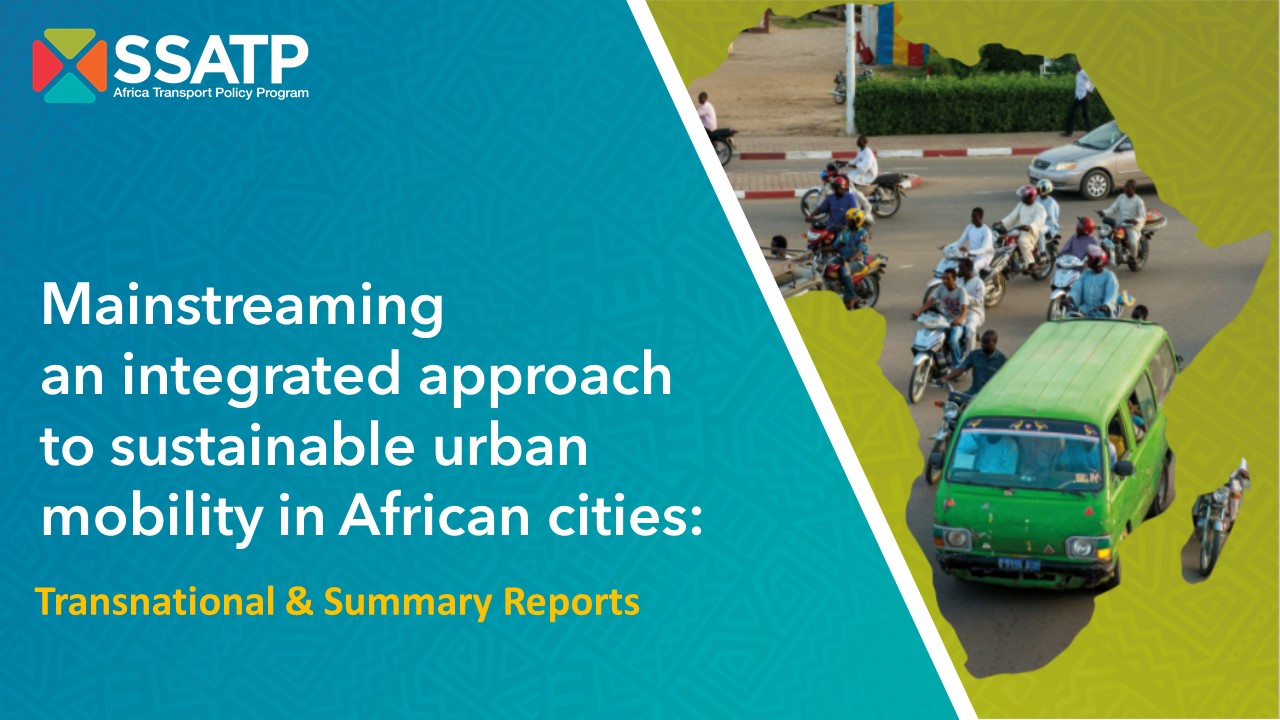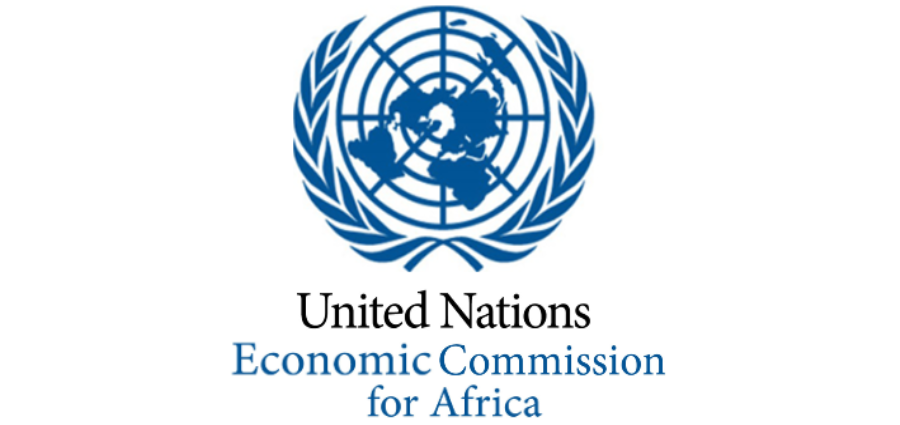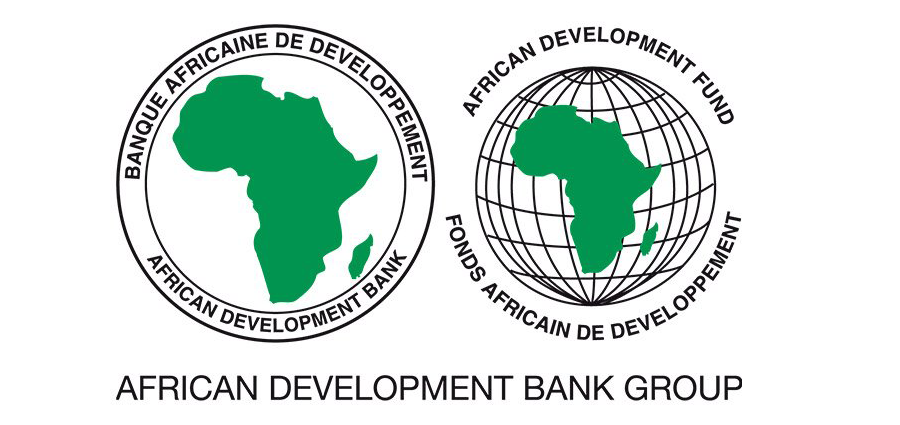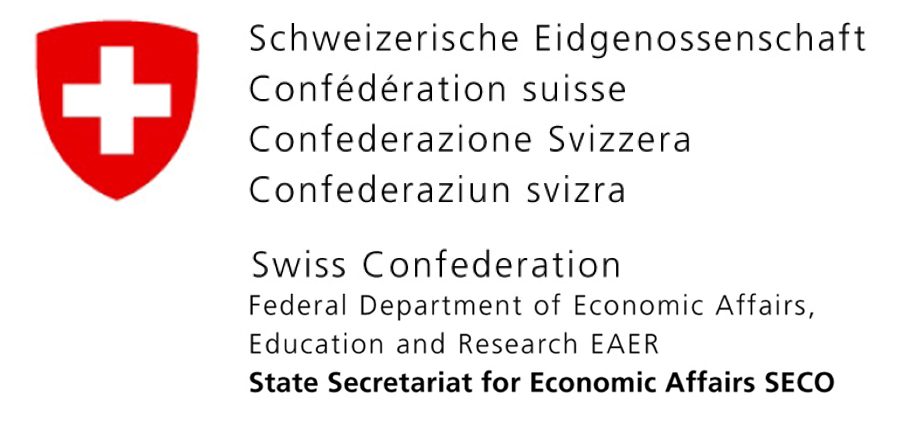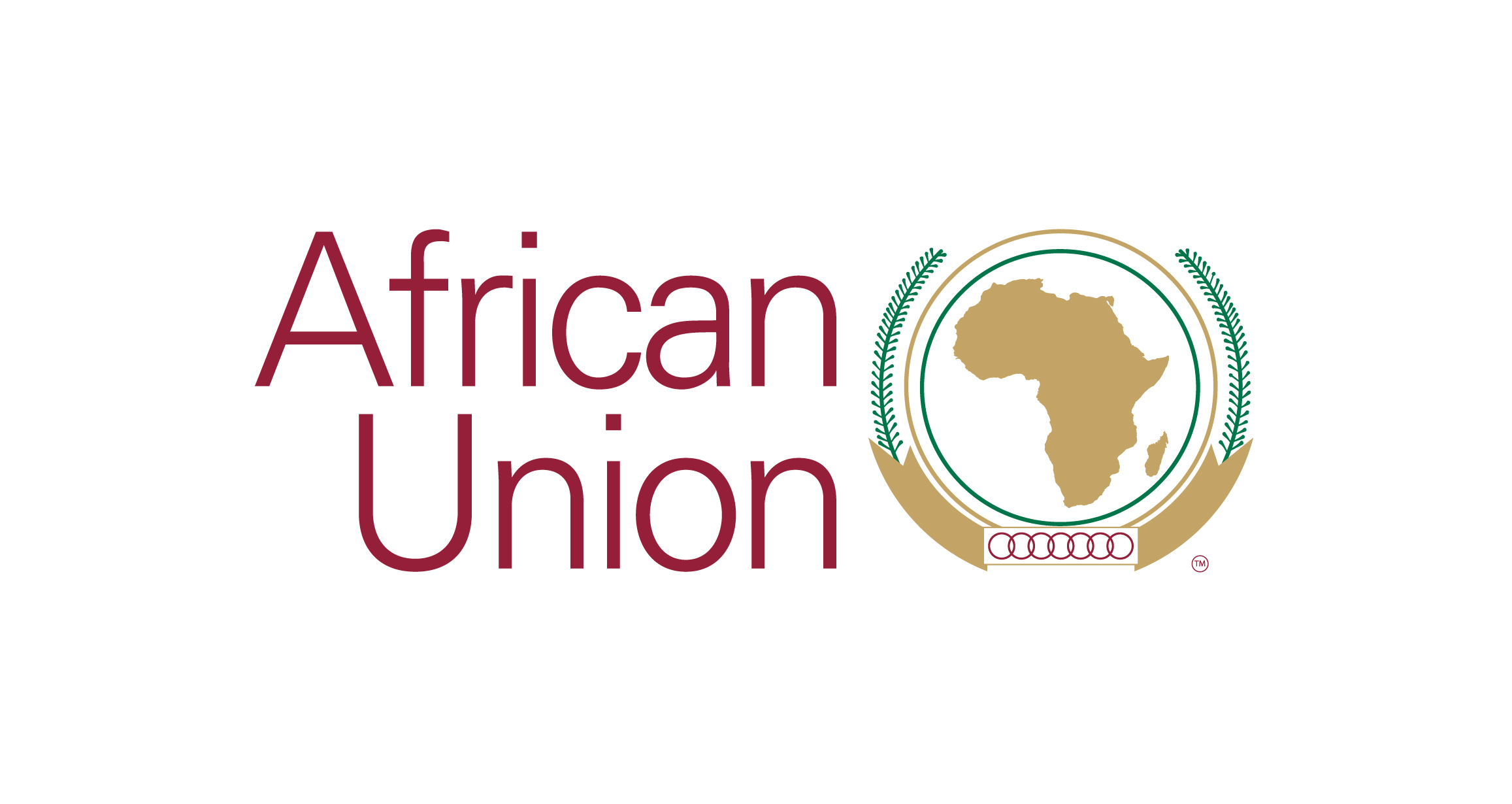Mainstreaming an integrated approach to sustainable urban mobility in African cities
Links to the transnational and summary UTM reports:
- Transnational report for Côte d'Ivoire, Ethiopia, Guinea, Ghana, Kenya, Nigeria, Rwanda, and Senegal (EN / FR)
- Transnational report for Benin, Burkina Faso, Mali and Togo confronted with the proliferation of motorized two-wheelers (EN / FR)
- Summary report on Urban Mobility in African Cities: Developing National Urban Mobility Policy and Delivering at the City Level (EN)
One of SSATP’s main objectives under the Third Development Plan (DP3) was to mainstream an integrated approach to sustainable urban mobility in African cities. To this end, SSATP completed a set of diagnostic studies and strategy papers to provide a better understanding of the most pertinent challenges affecting mobility and accessibility in the main urban areas of 12 African countries, and provide relevant policy recommendations. The findings of these studies influenced policy discussions in urban transport within the governments of Benin, Burkina Faso, Côte d’Ivoire, Ethiopia, Ghana, Guinea, Kenya, Mali, Nigeria, Rwanda, Senegal, and Togo, in accordance with the EASI Framework. The case studies started with a set of eight pilot countries whose selection was based on previous studies already conducted in these countries during DP2. Following the positive response to the Urban Transport and Mobility (UTM) Pillar’s activities in the first eight pilot countries, SSATP received requests for assistance from four additional member countries seeking to conduct similar urban mobility studies. In 2019, SSATP launched a second pilot phase comprising Benin, Burkina Faso, Mali, and Togo.
To discuss, share, and mobilize support for the findings, analysis, and policy recommendations contained in the interim UTM diagnostic studies, the UTM Pillar organized a series of national urban mobility forums in the pilot countries. The forums provided a rich opportunity to review the proposed recommendations with clients and ensure that they assumed full ownership of the recommended activities. The launch of national platforms for a policy dialogue encompassing all actors involved in urban transport management in every country was a major outcome of each forum. They proved to be a useful platform for discussion between the multiple stakeholders involved in urban transport. After each forum, draft action plans with specific timelines for implementing the endorsed recommendations were produced for each of the pilot countries. Shortly thereafter, SSATP supported the preparation of the final reports which included tailor-made work programs for implementing recommendations in each pilot country.
Two transnational reports were produced summarizing the findings of the first eight pilot countries and another for the second batch of four pilot countries. Furthermore, a summary guideline for the development of national urban mobility policies was also developed; it summarizes key success stories of good practices within the 12 African countries that served as pilots to guide the development and implementation of urban mobility policies and institutional reforms.
